Thunderbird add-on developer launches Kickstarter campaign to ensure continued compatibility
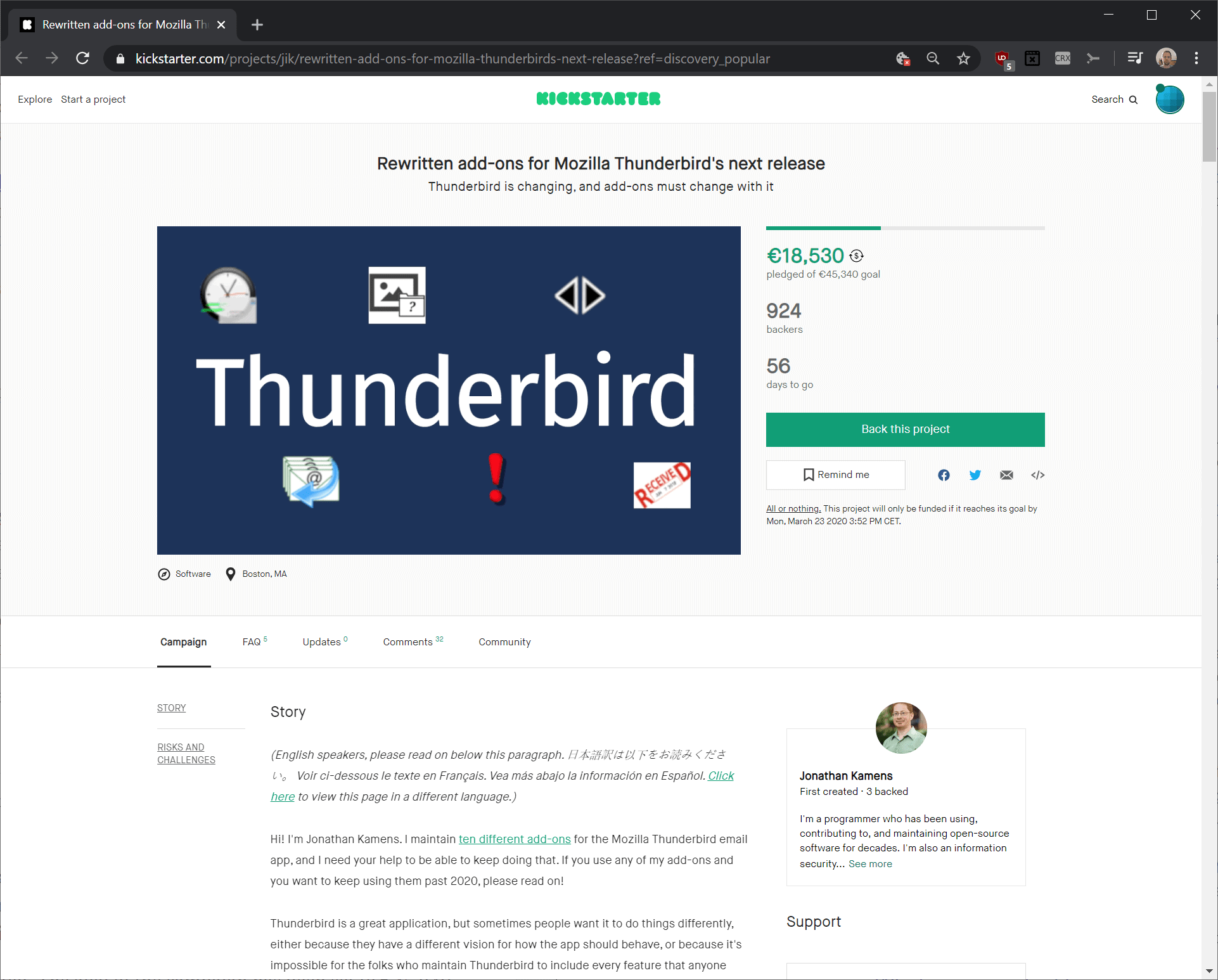
The extension system of the Thunderbird email client is changing. The email client is based on Firefox code to a large degree and since Mozilla changed the extension system to WebExtensions, it was only a matter of time before Thunderbird's extension system would be switched over as well.
The process started with the release of Thunderbird 68. Extension developers had to update their extensions so that users could continue to use them in the new version of the email client. Some extensions, those not updated by their developers, are not compatible with Thunderbird 68 already.
The development team plans to finalize the add-on system changes in Thunderbird 78 (expected to be released in June 2020). The team notes that developers of legacy extensions have two options going forward:
- Convert the extension to a MailExtension.
- Convert the extension to a Web Extension Experiment.
MailExtensions are WebExtensions but with "some added features specific to Thunderbird". Thunderbird developers should prefer the system "to ensure future compatibility".

Thunderbird extension developer Jonathan Kamens maintains eleven add-ons for the email client currently. Extensions like Send Later, Reply to Multiple Messages, userchromeJS, or IMAP Received Data have either been created by him directly or taken over to ensure that they remain available for users of the email client.
Kamens created a Kickstarter campaign to support continued development of the extensions and to ensure that the extensions will remain compatible with Thunderbird 78 and future versions of the email client.
He decided to use a subscription model but with the option of acquiring a perpetual license for all current and future add-ons.
Interested users may pay $5, $10 or $25 per year to gain access to one, three or all extensions for the period of 2 years. The perpetual license is available for $50 and guarantees access to all add-ons for one user (including new add-ons).
Paid means that the extensions will no longer be available for free when Thunderbird 78 launches. Kamens notes that he would be pleased equally if other extension developers would take over some of the extensions to ensure that they remain compatible with Thunderbird 78 and future versions of the email client, and that this is also an option to keep these extensions free of charge.
This Kickstarter campaign may actually help me find people willing to take over my add-ons and maintain them for free. If this campaign succeeds, and some of my add-ons do get adopted by new maintainers, then I'll pay them from the proceeds of the campaign. Having that on offer may help me attract new maintainers for my add-ons, so you may get to keep using the add-ons for free even after the licenses I'm offering in this campaign would have expired.
With 56 days to go, €18,530 has already been collected. The goal of the campaign has been set to €45,340.
Now You: What is your take on the Kickstarter campaign?



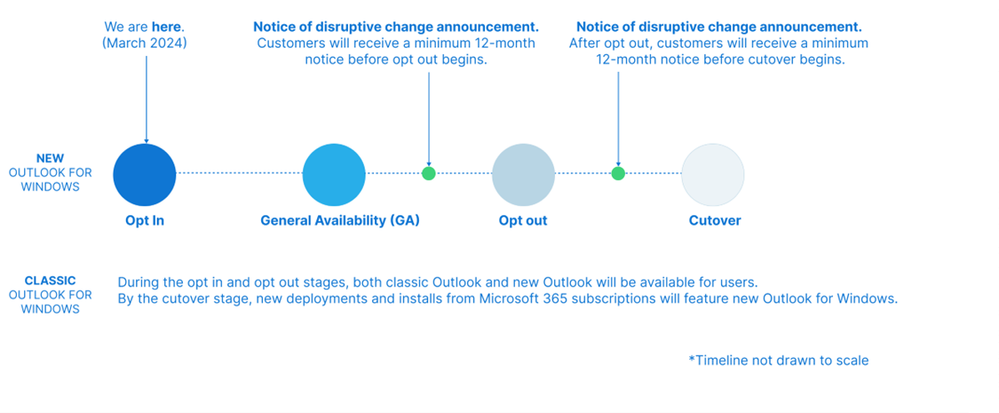




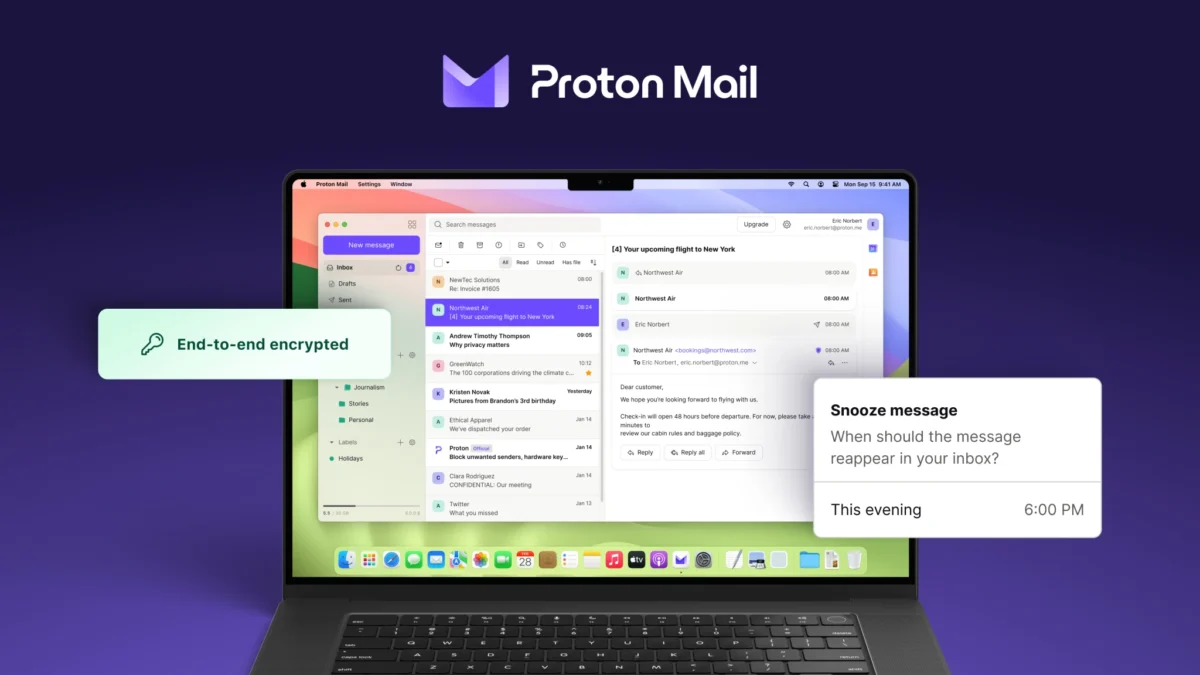

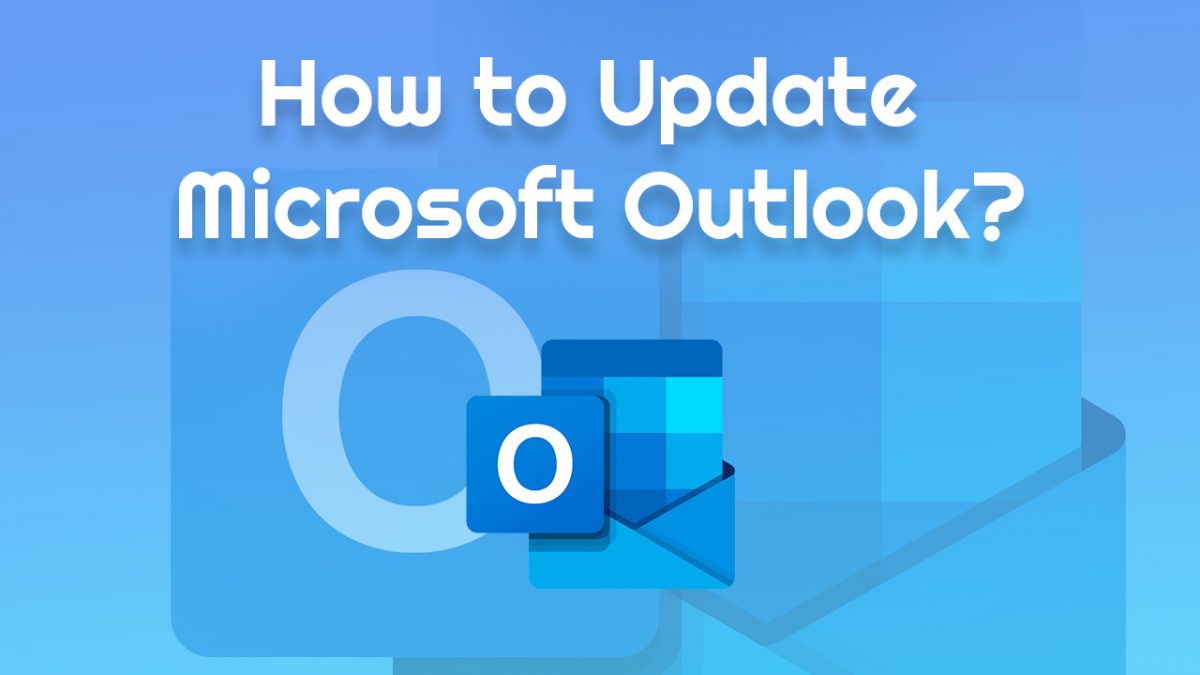

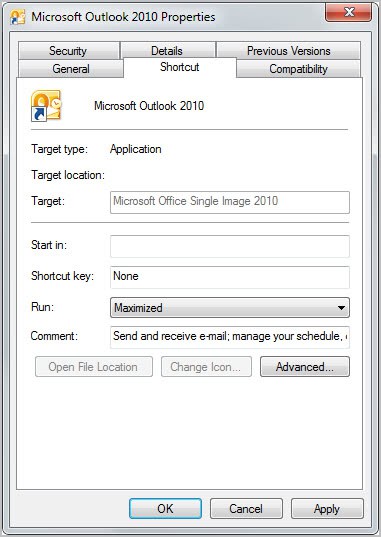










The people from Mozilla are working very hard on making themselves obsolete by shying away their user base.
A perpetual license is no guarantee for continued development nor a guarantee for future compatibility with Thunderbird. IMHO it seems that a one-time Kickstarter campaign to fund development for Thunderbird 78 should be enough.
I was about to donate, but it appears the extension WILL move to a subscription model if the campaign goal succeeds. Initially I thought it would only move to a subscription model if the goal is not met, but it’s the other way around.
One-time donations with specific deliverables is one thing, but turning it into a subscription service is not for me.
I’m staying on 60.9.1 and waiting for someone to fork it. I don’t mind this guy charging money for his work for people who want to update to 68, I just don’t see a reason to update, myself
Might even downgrade to 52.9.1. I miss the old notification icon :D
I am soooo happy I dropped Thunderbird for TheBat over 2 years ago. Never looked back and its so much faster with 50,000+ emails, searching + displaying large lists of mails.
Thunderbird basically forces you to create a virtual zoo of extensions in order to setup the system in a usable way (folder colors, sorting folders manually, send later etc). And then you are guaranteed to see everything break every 12-18 months when there is a major upgrade, half your extensions stop working and you are back to square zero. That’s how they destroyed their user base over the years. Free is nice, open source is nice, but breaking users’ workflow regularly is just a big no-no.
@Daniel Winter: “Thunderbird basically forces you to create a virtual zoo of extensions in order to setup the system in a usable way (folder colors, sorting folders manually, send later etc).”
Of course, that entirely depends on what you consider a usable system. I’ve been using Thunderbird for many years and it has served me well (although I’m sticking with 52.9.1). For my needs, Thunderbird is usable with just a single extension, to keep a notification icon in the tray. None of the extensions you cite are useful to me.
I have no issue paying for Thunderbird or Firefox and extensions, just turn off ALL telemetry, tracking, allow google and bing to be removed without hacking code and I’m in. $50 for lifetime access to add ons seems wishful.
The only extension I use in T Bird is Compact Headers, I really don’t need a powerful mail client, if T Bird goes down, I can always switch back to Claws, a PIA to set up and bland but it does work.
I don’t understand what happened to email clients, there seem to be very few left for desktop. Even in our phones we use a client called email(originally edison mail) which is vastly easier to read than GMail ( maybe the worst GUI out there.)
WIth all the justifiable distrust of software companies, keeping everything the same while adding charges won’t fly. Something has to be given back to users in the deal. Expecting “Get nothing for something” to work is silly.
“No, I’d never pay for an extension or add on”
“I have no issue paying for Thunderbird or Firefox and extensions”
This made me giggle. I’m not attacking, so don’t take it the wrong way, kay? it genuinely made me giggle.
All this spying is starting to get really annoying.
https://github.com/jmdugan/blocklists/blob/master/corporations/mozilla/all.txt
Crap, that’s a lot longer than what I’ve discovered while I was still using this trainwreck of a browser.
There are many benign sites on that loopback list eg: http://ftp.mozilla.org. It is also interesting what is missing eg: getpocket domains.
I just wonder how long that list would be for a chrome browser or google in general.
Hi Martin, since you’ve managed to keep your editorial independence from the Silicon Valley data sharks you may be interested in investigating those claims about Mozilla storing IP addresses with their opt-out telemetry data in probable violation of GDPR law as it makes it personal data collected without explicit consent nor a legitimate reason:
“the popular browser actually keeps track of telemetry data in a way that can be connected back to your specific browser instance and IP address.”
https://www.privateinternetaccess.com/blog/2020/01/the-firefox-browser-is-a-privacy-nightmare-on-desktop-and-mobile/
I made a similar comment on r/firefox but the thread was immediately removed just after that.
Simple: switch off telemetry!
>Simple: switch off telemetry!
Yeah, do that, so they switch it back ON to you, without even telling you at all:
https://www.ghacks.net/2018/09/21/mozilla-wants-to-estimate-firefoxs-telemetry-off-population/
yaay, the joys of using a privacy respecting browser. yaaay, yaay, yay… yay???
> they switch it back ON
No they don’t. They just want to know if you switched the actual telemetry off.
So they switch it back on. Glad you agree with me.
I’d consider it if these were add-ons that I used.
Paid extension in subscription model? That’s new. Please don’t follow suit.
lmao, imagine paying for extensions.
I would be willing to pay for an addon but only if I am not subsiding free users like Yuliya.
You will, thanks to piracy <3 ty
Childish comment, fitting for an infantile age. I guess I should buy Pokémon cards instead — or whatever you spend your pocket money on. When you have a job you’ll understand how the economy works and why people ask for money if they invest their time and energy in something.
Extensions of free browsers should be free, too, but that doesn’t mean that generous people who donate to the developers and contribute financially to these projects are silly.
@Yuliya: So developing add-ons full-time should be a charitable activity? Sure, some devs do it as a side-project in addition to their day job. But some of these add-ons are immense projects in their own right, and if a long-standing dev is desperate enough to require financial support in return for their popular add-ons, then it is fully within their right. I don’t personally use Thunderbird much, but I can see the rationale and I support it – clearly around 1000 users are happy to pay a small amount for it.
You’re developing for such a changing platform, which in next month’s update might break or remove completely core browser functionality, your extension relies on, rendering it useless, with no alternative APIs in place, and you want me to pay money for this?
This is not an OS you’re developing for. For an OS I can expect at least 10 years of usage from whatever program you’re developing. Because that’s the expected lifespan of any decent OS. An extension chances are it will be broken in less than 30 days.
Well for quite a long time (forever?), they can stay with Thunderbird 60.9.1 – the last release that supported XUL addons and use the existing compatible free add-ons. It is already a very full-featured complete client today. E-mail isn’t evolving as rapidly as the web for Mozilla to break add-on compatibility of decades this ruthlessly.
It’s Mozilla’s fault and like Firefox lost users to Chrome, Thunderbird will lose some users to other email clients.
This is what I’m doing, at least for now: staying with Thunderbird 60.9.1, because I currently use seven extensions (most of which would break with a newer Tbird version):
Dorando keyconfig
Edit email subject
Manually sort folders
SavedSearchThemAll
Send Later
Send Later Button
Toggle Headers
A couple of others that were important to me are already broken in 60.9.1: Menu Filter, and another one (whose name I forget) that let me attach “sticky notes” to individual emails. (I lost all my notes/data with that one when the Dev stopped supporting it.)
One thing that I’m concerned about is how much of a security risk I’m running by using an outdated version of Tbird. Of course almost all their updates say there are “security fixes”, but how do you quantify the risk? I rarely click on email links, even from senders I know, but I do occasionally. I don’t allow Tbird to even display images by default (I’ll allow them from well-known senders). And I’m both more technically knowledgeable and more careful than the average user. But still, anybody can get infected.
How would you quantify the risk involved? Low, medium, or high?
@Jonas, since you are already taking precaution not to open images, links, etc. you should be aware that even when they come from trusted sources, those could be infected without anyone knowing about it.
I don’t use Thunderbird and I don’t follow their development but as long as it keeps receiving security updates you should be fine. For those times where you absolutely need to open something, if you feel really suspicious, use a virtual environment with something like Virtual Box.
Now imagine developing extensions full-time for free. Crazy idea, right? Yet here I am.
Imagine how much more extensions and features would be there if developers would be able to spend more on extensions and less time in their normal job.
924 people value the extension enough to disagree with you.